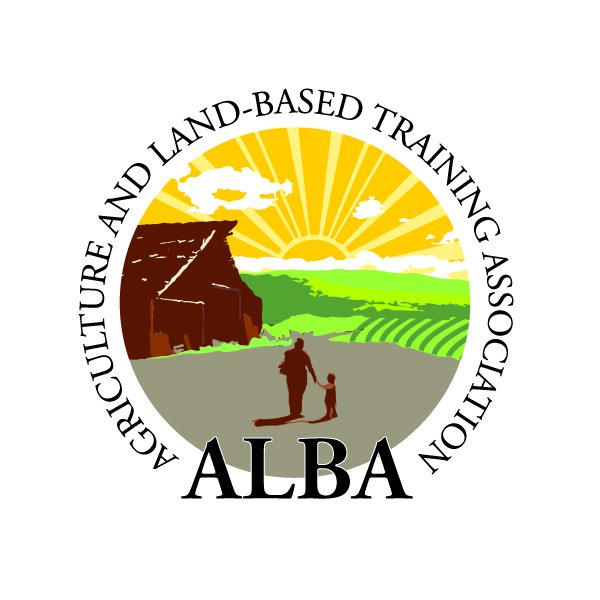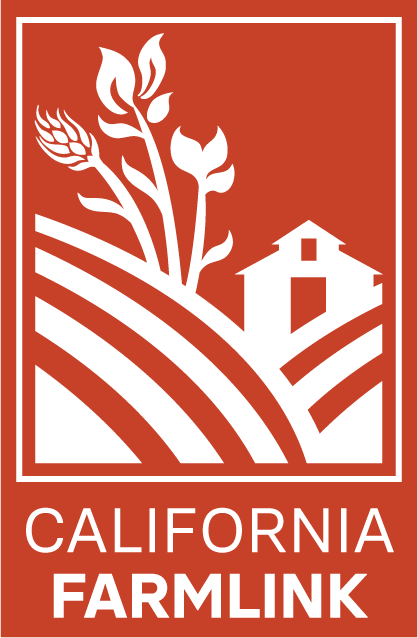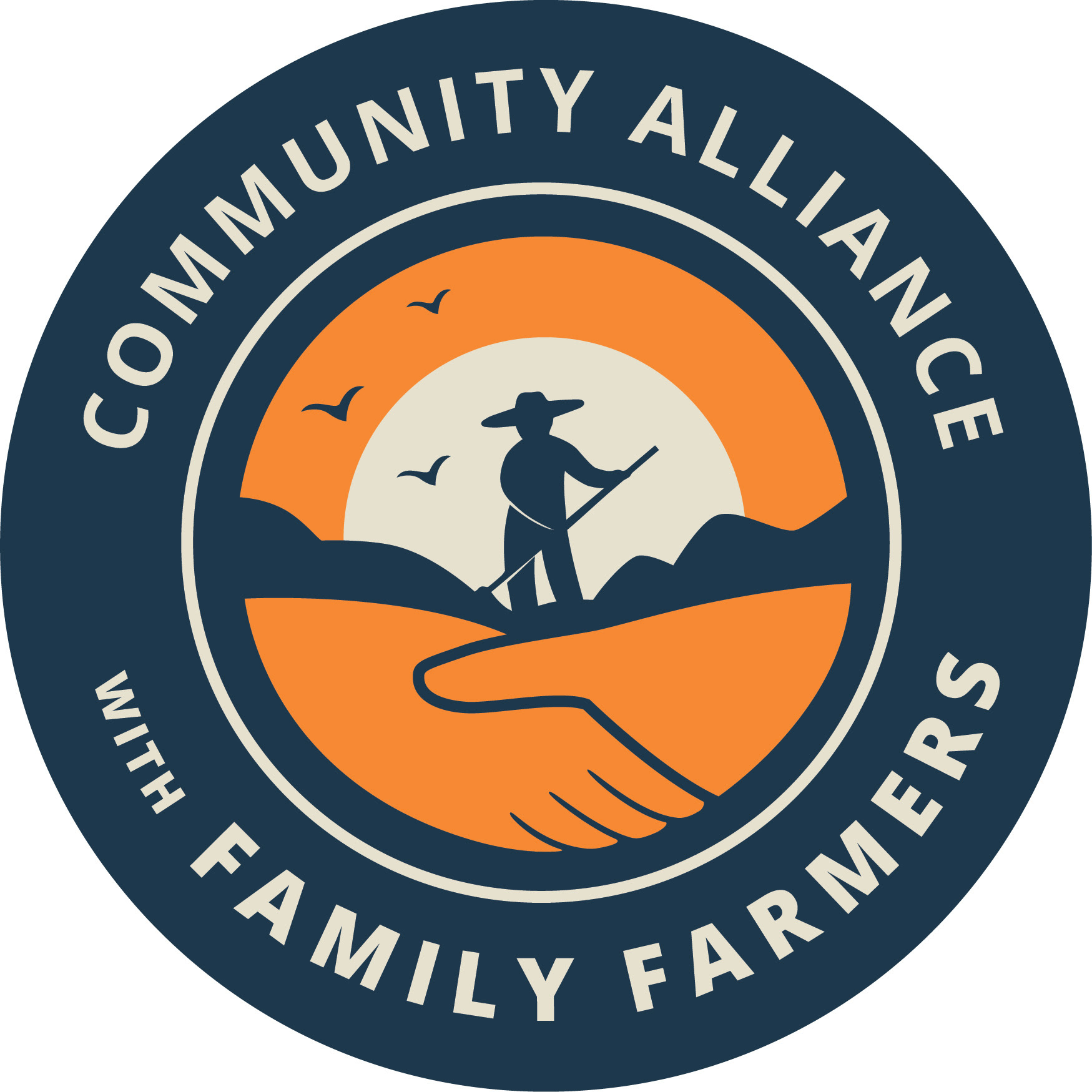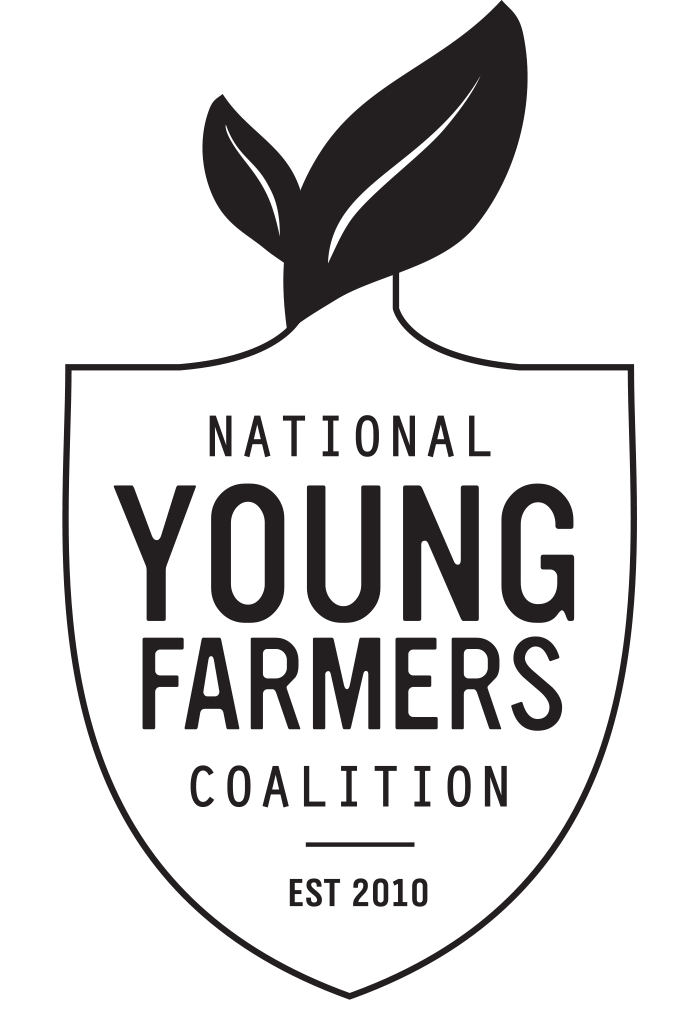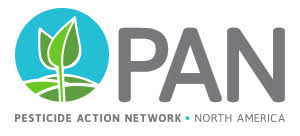For Immediate Release
February 9, 2024, 12:00 pm PST
Sacramento, CA — The Assembly Labor and Employment Committee, chaired by Assemblymember Liz Ortega (D-San Leandro), hosted a hearing this past Wednesday on the failure of state agencies to enforce labor laws for California’s farmworkers. Farmworkers, advocates and researchers from throughout the state highlighted the dangerous working conditions and unfair labor practices that impact California’s agricultural workers, and the lack of enforcement that allows such abuses to continue.
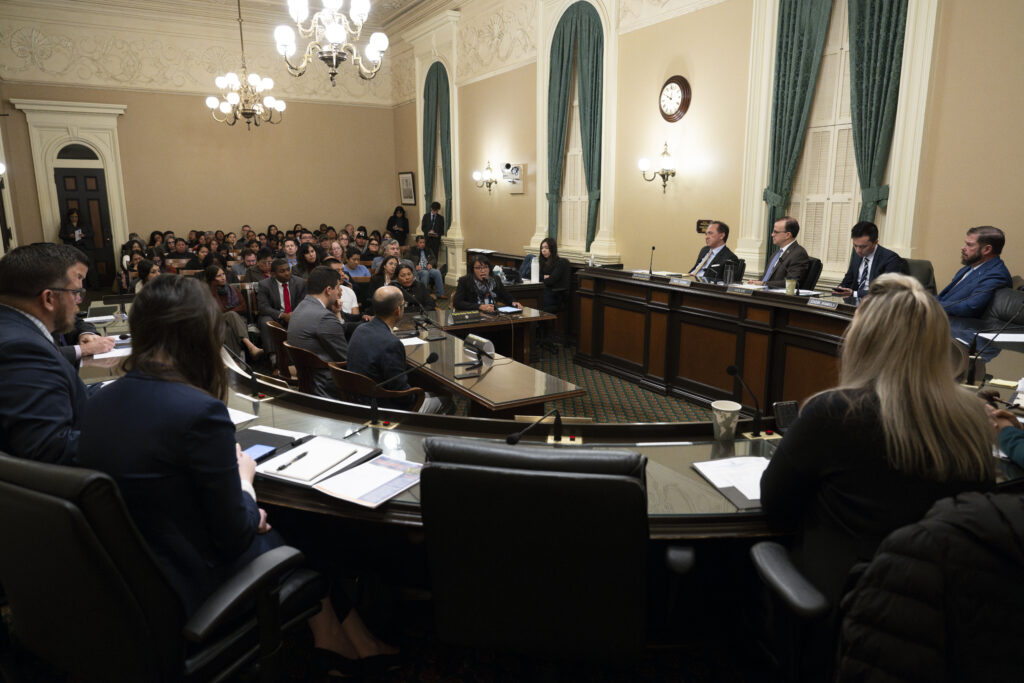
California’s farmworkers are responsible for cultivating many of the state’s vegetable and fruit crops, helping supply 3/4ths of the country’s fruits and nuts. However, they experience occupational injuries at nearly double the rate of other private sector workers and die at higher rates as well. With extreme heat days predicted to increase sevenfold in the Central Valley due to climate change, there is new urgency surrounding safety issues in the agricultural sector, where workers are 35 times more likely to die of heat-related injury than workers in other industries.
Dr. Ed Flores of the UC Merced Community and Labor Center shared that the 2021 Farmworker Health Study found “hundreds of cases of workers who expressed experiencing employer non-compliance” with workplace health and safety standards, a problem in part caused by farmworkers’ vulnerability as a group that largely lacks citizenship rights.
In addition, Dr. Sarait Martinez, executive director of Centro Binacional de Desarrollo Indígena Oaxaqueño, testified that her Indigenous farmworker-serving organization has helped file 10 class action wage and hour lawsuits since 2022, impacting 20,000 farmworkers, many of whom are Indigenous. As she explained, “the community is extremely linguistically and culturally diverse and the most recent estimate, from 2009, is that there are more than 165,000 Indigenous farmworkers in the state.”
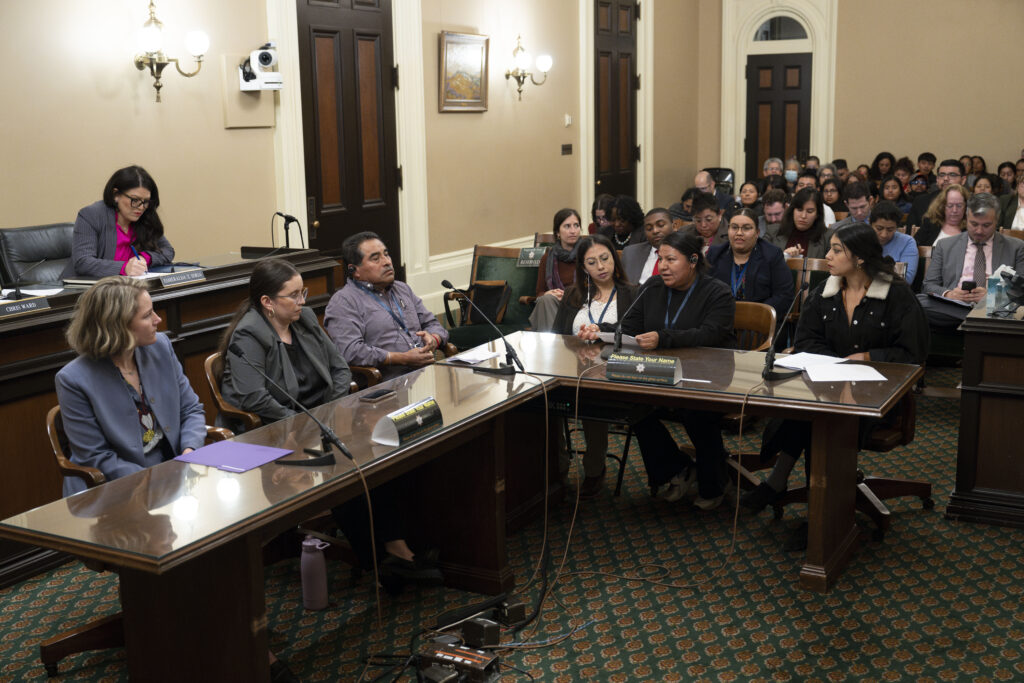
“Despite these recognized and persistent abuses,” said Chair Ortega, “and despite years of historic budget surpluses, the wellbeing and rights of farmworkers have been left largely unenforced.” Yelisa Ambriz, farmworker advocate with the Central California Environmental Justice Network (CCEJN), testified that agricultural workers face numerous barriers to filing complaints with the state agencies, particularly Cal/OSHA, including a significant lack of language accessibility, limited hours during which they can speak to a knowledgeable staff person, and the very significant fear of retaliation. She said that when workers overcome these obstacles to file a complaint, the lack of response and significant delays adds to a pervasive lack of faith amongst farmworkers in the state agency meant to protect them in the workplace.
Workers throughout the hearing repeated that Cal/OSHA inspectors appear to be illegally giving employers advance notice of inspections, allowing them to clean up the worksite. “In August 2023, I was harvesting figs and the foreman let me know, we’ll spend the first two hours of the next day cleaning,” said Cristina Gonzalez, a Madera farmworker, “so that when [Cal/OSHA] supervises the area, everything is good. This is an injustice.”
AnaStacia Wright, staff attorney at Worksafe, a nonprofit dedicated to preventing worker injury, illness, and death, shared that Cal/OSHA is plagued by severe understaffing, and has a 38% vacancy rate as of December 2023. This brings their inspector to worker ratio to 1 for every 110,000 workers – far worse than Federal OSHA’s 1 to 66,000 or Washington OSHA’s 1 to 33,000. Wright said that Cal/OSHA has only 16 field enforcement inspectors that are certified in speaking languages other than English.
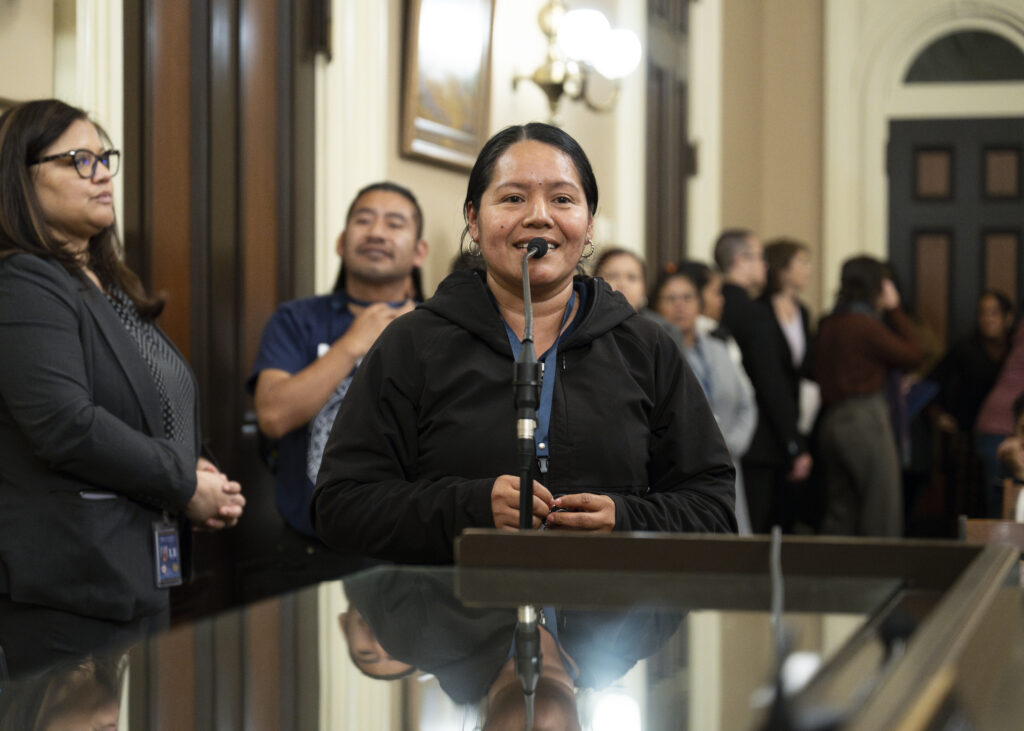
Community-based organizations, collaborating under the umbrella of the Farmworker Advocacy Working Group, urged the state to implement solutions to improve health and safety enforcement for the state’s agricultural workers. The first, shared by Yelisa Ambriz, is a publicly-funded Expert Navigator Pilot Program, that would allow community-based farmworker organizations to work closely with farmworkers to identify workplace violations and file complaints. “We urge the state to invest in our organizations as trusted partners both to CalOSHA and farmworker communities,” Ambriz implored.
The second, shared by policy advocate Erica Diaz-Cervantes from the Central Coast Alliance United for a Sustainable Economy (CAUSED) is updating Cal/OSHA’s hiring requirements, which “would help Cal/OSHA staff the division with enforcement agents that are linguistically and culturally competent to serve farmworkers and other low-wage workers,” by creating better pipelines into enforcement positions for workers and increasing language justice through skilled interpreters.
“These hazardous working conditions are an emergency,” said Diaz-Cervantes, “and should be treated as such. If we value agriculture and ensuring that families are fed, couldn’t we at least make the effort to protect the families that feed us?”
Contact Beth Spitler (bspitler@caff.org, 916-397-2075) to be put in contact with panelists.
###
About the Working Group:
The California Farmworker Advocacy Working Group was formed by the California Food and Farming Network in Spring 2020, when the disproportionate impacts of the pandemic on Latinx and Indigenous farmworker communities began drawing attention from media and policymakers. A group of CBOs and allies joined together to respond to the growing number of policies aiming to serve farmworkers, demand recognition of farmworkers’ essential role, and ensure that farmworker-serving organizations have a seat at the table where state policy impacting their communities are being decided.

